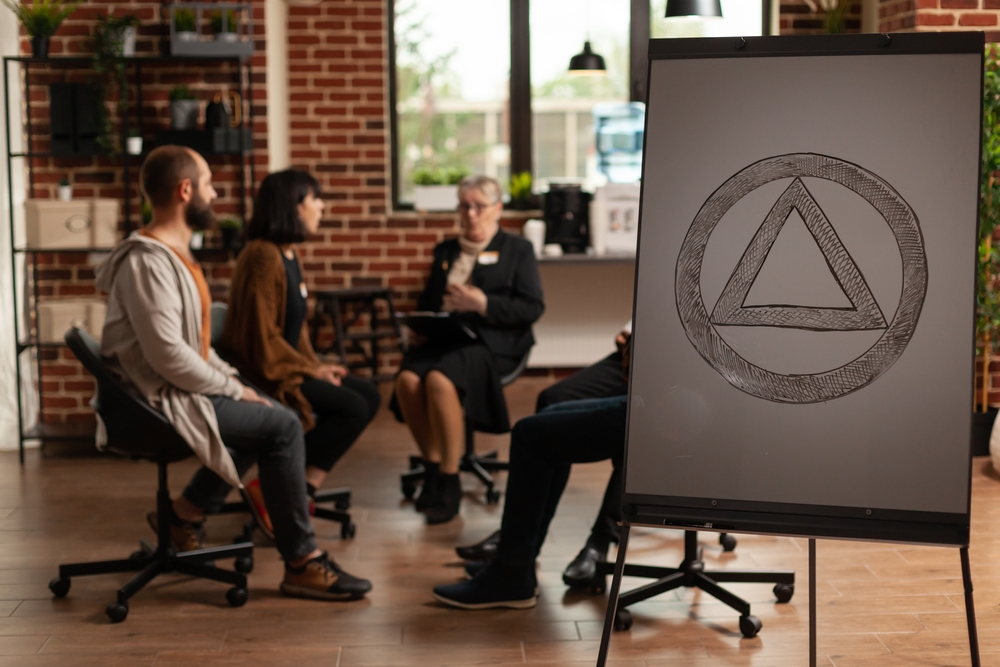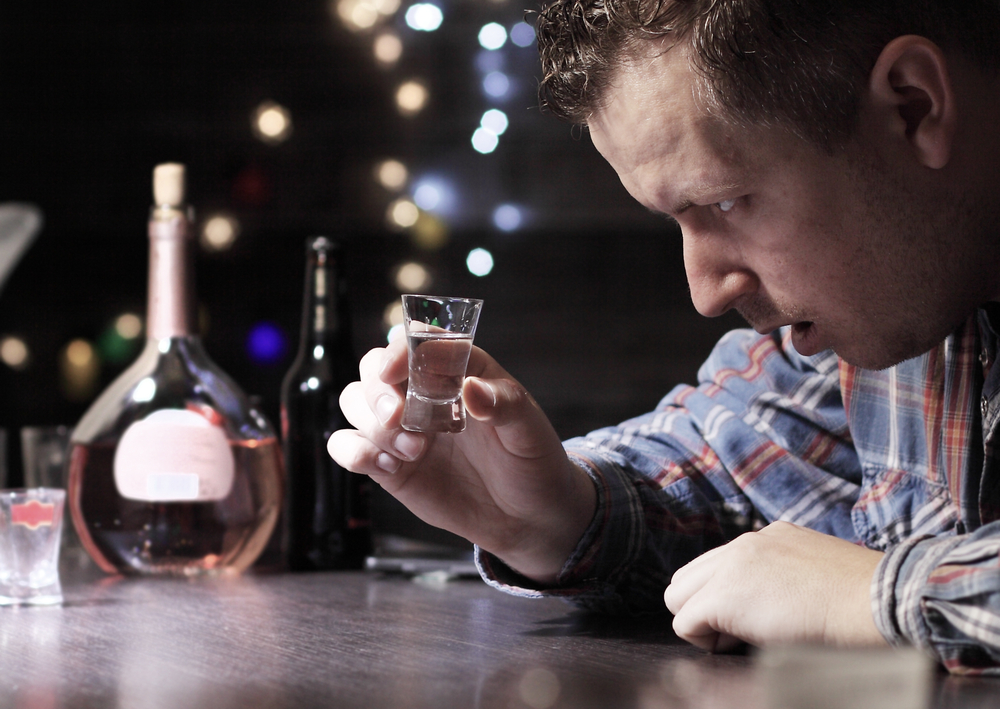Incorporating Mindfulness Practices into Addiction Recovery
Mindfulness can be a powerful tool to enhance your recovery journey from substance abuse. Recently, the transformative power of mindfulness practices in supporting individuals on their path to recovery is being recognized. In fact, a study made public by the National Institutes of Health revealed that mindfulness training is a promising intervention option for SUDs and relapse prevention.
Understanding Mindfulness Practices
The practice of mindfulness is defined as paying attention to the present moment with open-mindedness and without judgment. So basically, you:
- Intentionally focus on the sensations, thoughts, and emotions that arise here and now.
- Maintain a non-reactive awareness and acceptance, regardless of whether the thoughts are positive or negative.
At its core, mindfulness invites you to direct your focus to the present moment without judgment or attachment to the past or future. Through meditation, yoga, mindful eating, and other therapeutic strategies, you can cultivate a deep connection with your internal experiences—the sensations in the body, the flow of thoughts and emotions, and the subtleties of the surrounding environment.
The American Psychological Association, finds mindfulness reduces stress, rumination, and emotional reactivity and boosts focus, cognitive flexibility, and working memory. You can effectively self-regulate when you train yourself to be more aware and attentive.

In the context of addiction recovery, mindfulness plays a vital role in several key areas:
Managing Cravings and Urges
Mindfulness allows you to observe cravings and urges without immediately acting upon them. The non-reactive awareness of these sensations and emotions allows you to create space for conscious decision-making and choose a response that aligns with your recovery goals.
Stress Reduction
Addiction recovery can come with high levels of stress and anxiety. Mindfulness like meditation and deep breathing exercises help activate the relaxation response, promoting a sense of calm and reducing the physiological and psychological impact of stress.
Emotional Regulation
Addiction often involves difficulties in managing and regulating emotions. Mindfulness cultivates emotional intelligence by fostering an awareness of your emotions in the present moment. This heightened awareness allows you to respond to emotions more skillfully and make choices that align with your long-term well-being.
Increase Self-Awareness
Mindfulness practices encourage you to observe your thoughts, beliefs, and behavior patterns. This increased self-awareness helps identify triggers, underlying emotional issues, and negative thought patterns contributing to addictive behaviors, paving the way for effective coping strategies and personal growth.
Examples of Mindfulness Exercises
Here are detailed descriptions of various mindfulness exercises that can be beneficial for individuals battling addiction:
Meditation
Meditation involves sitting quietly and focusing on something specific, such as your breath, a mantra, or a visual image. Meditation cultivates a calm and centered mind, reduces stress, and develops greater self-awareness. This heightened awareness can help you observe your cravings, emotions, and thought patterns without immediate reactivity, allowing you to make conscious choices in your recovery journey. Here's how to meditate:
- Look for a calm and quiet space to sit or lie down.
- Close your eyes or soften your gaze.
- Begin by focusing on your breath. Become aware of the sensation of the breath entering and leaving your body.
- As thoughts arise, gently acknowledge them without judgment and return your attention to the breath.
- Expand your awareness to include bodily sensations, sounds, and emotions, allowing them to come and go without clinging to them.
- Engage in meditation for a predetermined period, starting with shorter durations and gradually increasing as you build your practice.
Yoga

Yoga combines physical postures, breath control, and meditation to promote physical and mental well-being. The gentle movements and focus on the breath in yoga can help you reconnect with your body, release tension, and promote a sense of inner balance. Yoga can also enhance body awareness, which is particularly helpful in recovery as you develop a healthier relationship with your body and physical sensations. Here's how to practice yoga:
- Choose a quiet and comfortable space to practice.
- Begin in a standing or seated position, grounding yourself and connecting with your breath.
- Move through a series of yoga postures, focusing on the sensations in your body and your breath.
- Pay attention to the alignment of your body, the stretch of your muscles, and any physical sensations that arise.
- Allow your breath to guide your movements, coordinating each breath with each pose.
- Practice mindful transitions between poses, maintaining a non-judgmental awareness of your body's capabilities and limitations.
Mindful Eating
Mindful eating focuses on your eating experiences, body-related sensations, and feelings and thoughts about food, with heightened awareness and without judgment. When you savor each bite and pay attention to hunger and fullness cues, you can develop a healthier relationship with food. Mindful eating helps cultivate a non-judgmental attitude towards eating, promotes self-control, and supports you in making conscious choices about your nutrition and overall well-being. Here's how to practice mindful eating:
- Choose a quiet and calm environment for your meal.
- Begin by observing your food's appearance, texture, and aroma, noticing any thoughts or emotions that arise.
- Take a moment to express gratitude for the nourishment before you.
- Slowly take small bites, savoring the flavors and textures.
- Chew each bite thoroughly and pay attention to the sensations of chewing and swallowing.
- Notice how the food nourishes your body and brings satisfaction, remaining present with each bite until the meal is complete.
Mindful Breathing
Mindful breathing is a simple yet powerful practice that involves focusing your attention on the sensations of your breath as it flows in and out of your body. This practice helps anchor you to the present moment, promoting relaxation and reducing stress. You can practice mindful breathing anywhere and anytime to manage cravings, reduce anxiety, and bring a sense of calmness to the mind and body.
- Find a comfortable sitting position or lie down.
- Close your eyes and bring your attention to your breath.
- Notice the natural flow of your breath, observing the inhalation and exhalation without attempting to control it.
- Focus on the physical sensations of breathing—such as the coolness of the inhalation and the warmth of the exhalation.
- If your mind wanders, gently guide your attention back to the breath, using it as an anchor to the present moment.

Body Scan
The body scan systematically brings awareness to each body part, from the feet to the head. It helps you develop a deeper connection with your body and tune in to physical sensations, such as tension, discomfort, or relaxation. Body scan promotes body awareness and relaxation and can be particularly useful when you've suppressed or disconnected from your bodily experiences. Here's how to do a body scan:
- Lie comfortably on your back, either on a yoga mat or a bed.
- Close your eyes and bring your attention to your body.
- Begin with your feet and slowly move your attention upward, part by part, observing sensations in each area.
- Notice any areas of tension, discomfort, or relaxation as you scan through your body.
- As you encounter sensations, observe them with curiosity and acceptance without attempting to change or judge them.
- Continue scanning up to your head, acknowledging the entirety of your body and any sensations it holds.
Incorporating these mindfulness exercises into addiction recovery programs can arm you with practical tools for managing cravings, reducing stress, enhancing emotional regulation, and cultivating self-awareness. Remember that consistency and practice are key to reaping the full benefits of these mindfulness practices.
If you need help navigating your recovery, you might benefit from More Than Rehab. We recognize the importance of holistic care in recovery. Our programs go beyond just addressing the physical aspects of addiction and integrate mindfulness practices like meditation, yoga, and mindful breathing, to support individuals on a deeper level. With our personalized treatment approach, we tailor our programs to meet your unique needs and goals, providing you with the tools and support necessary for a successful recovery journey.













